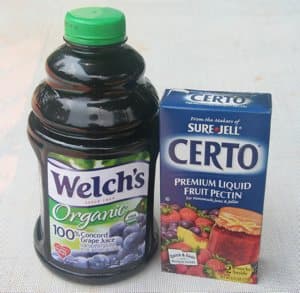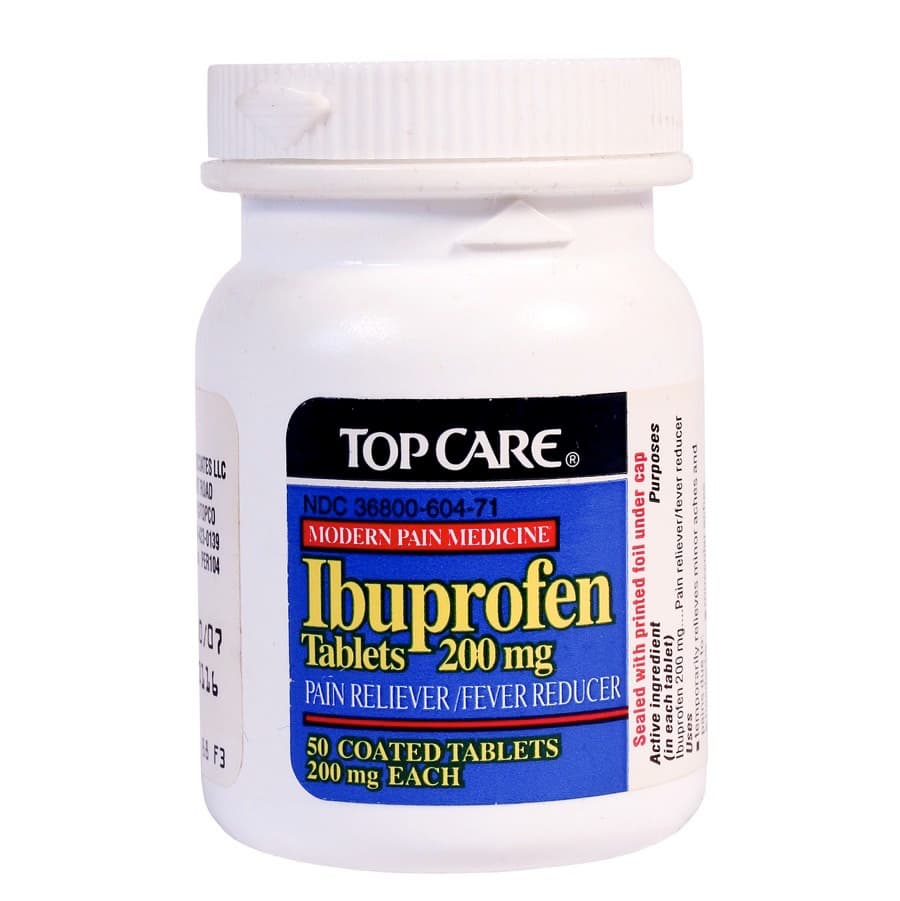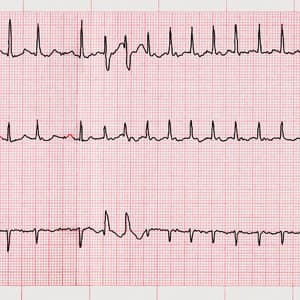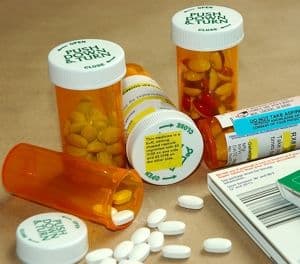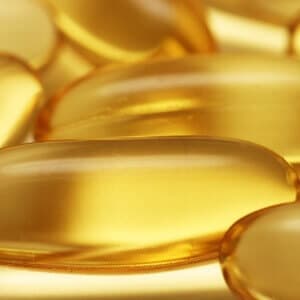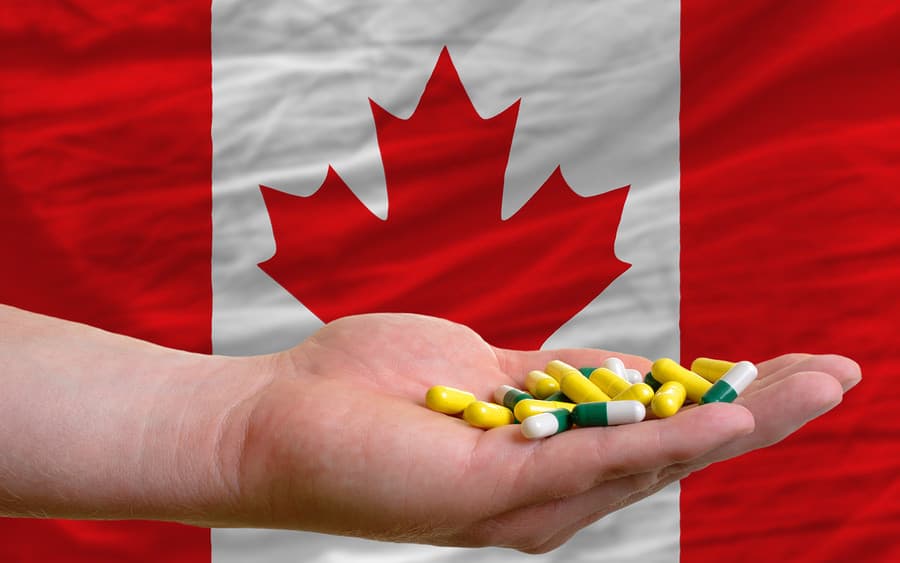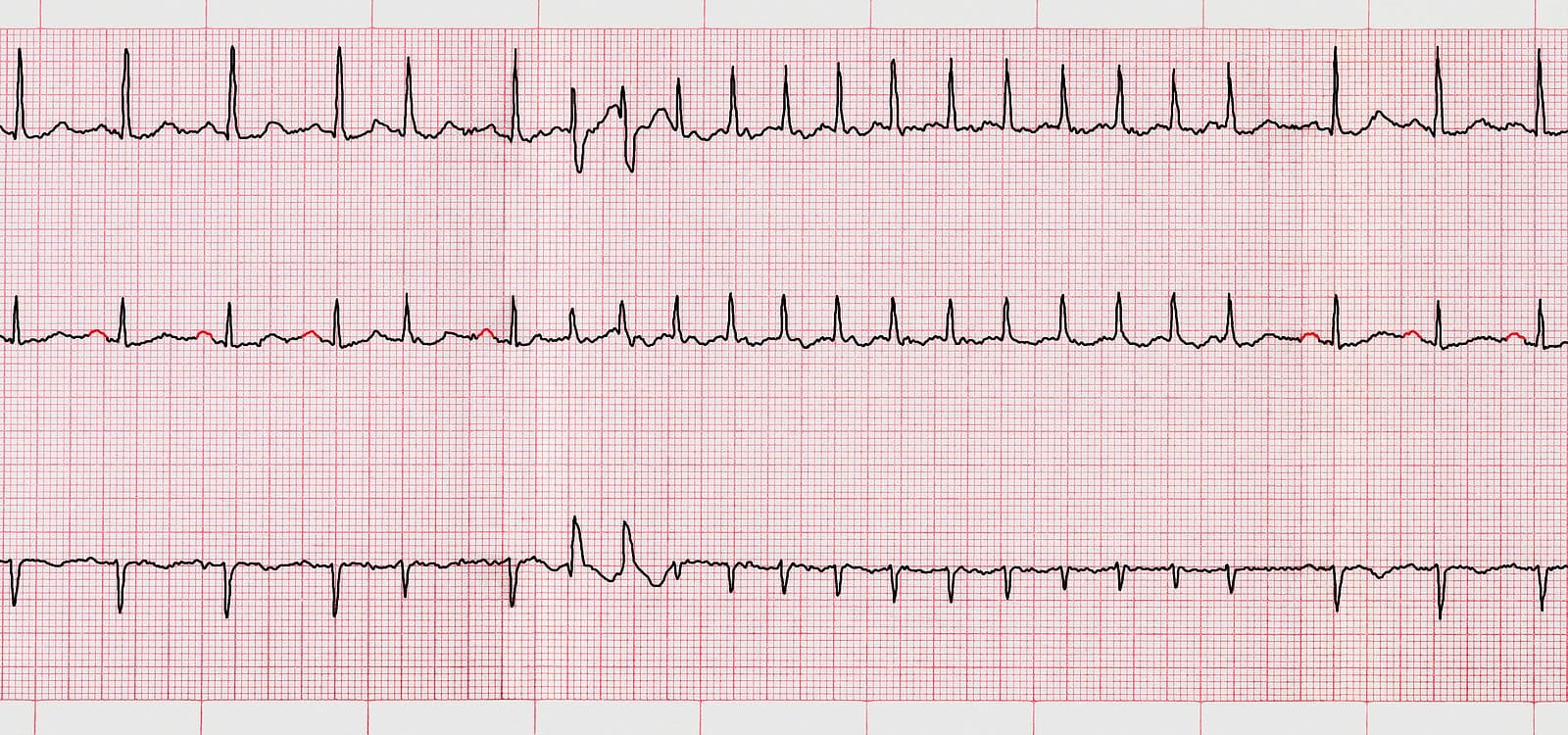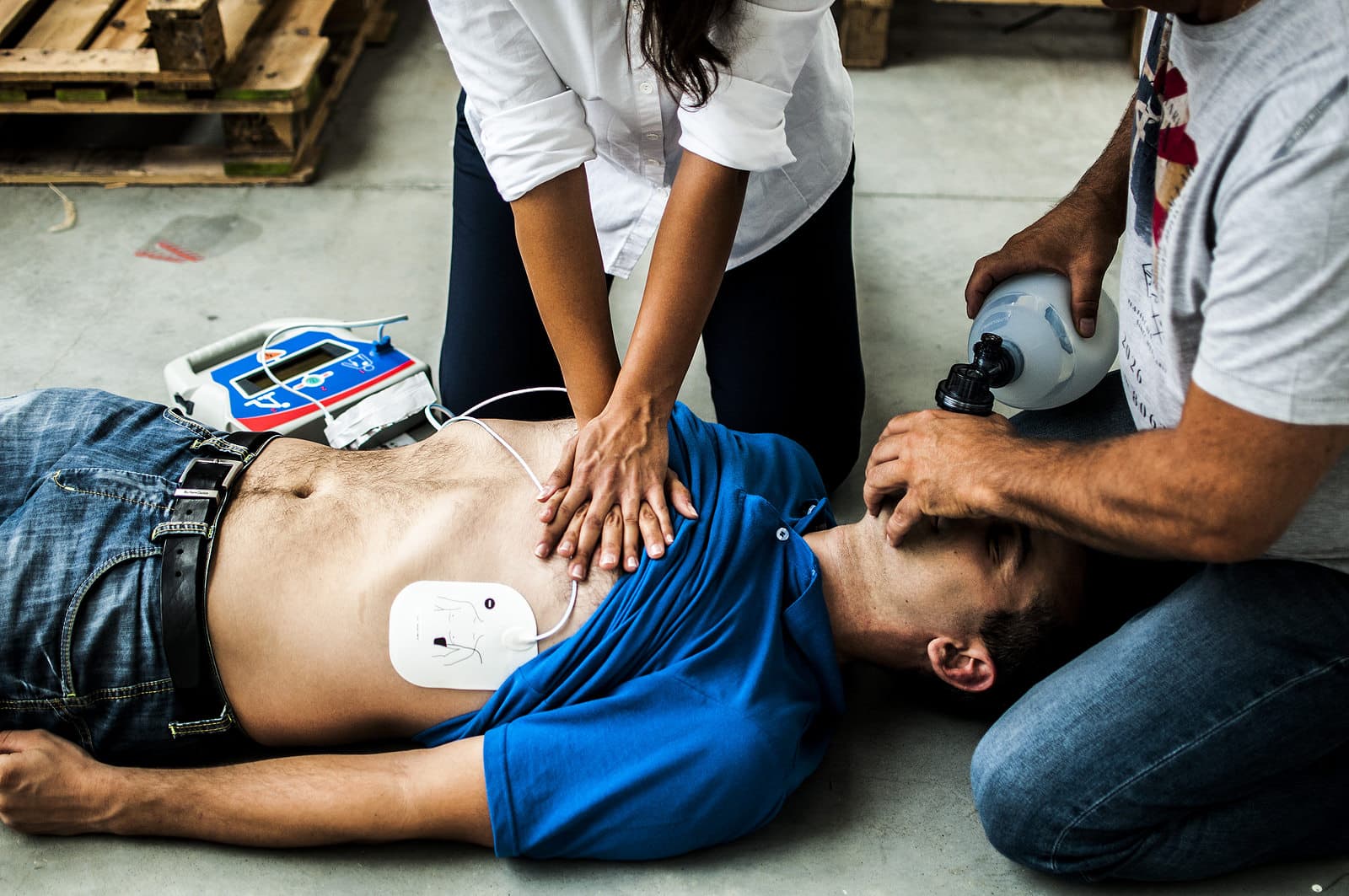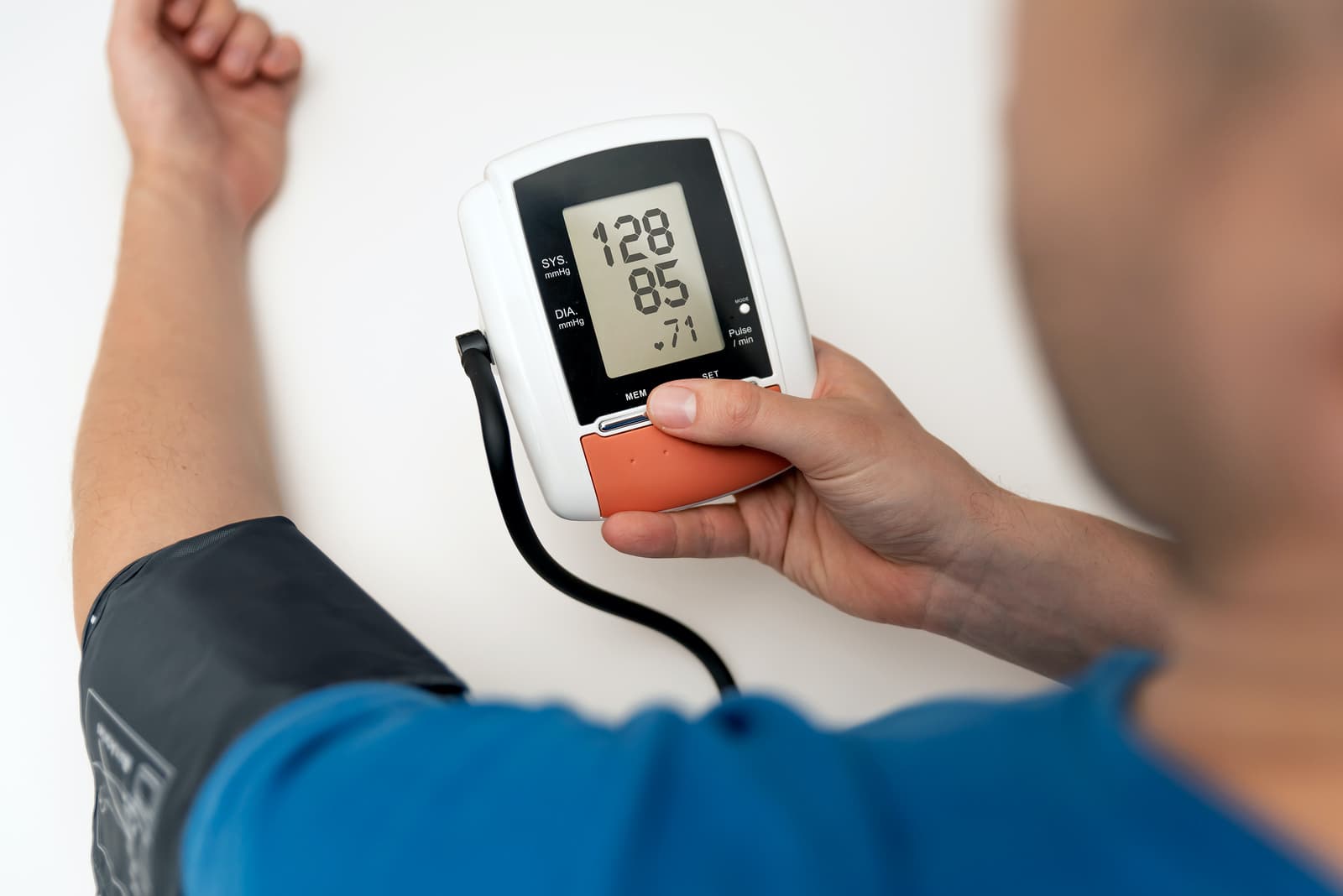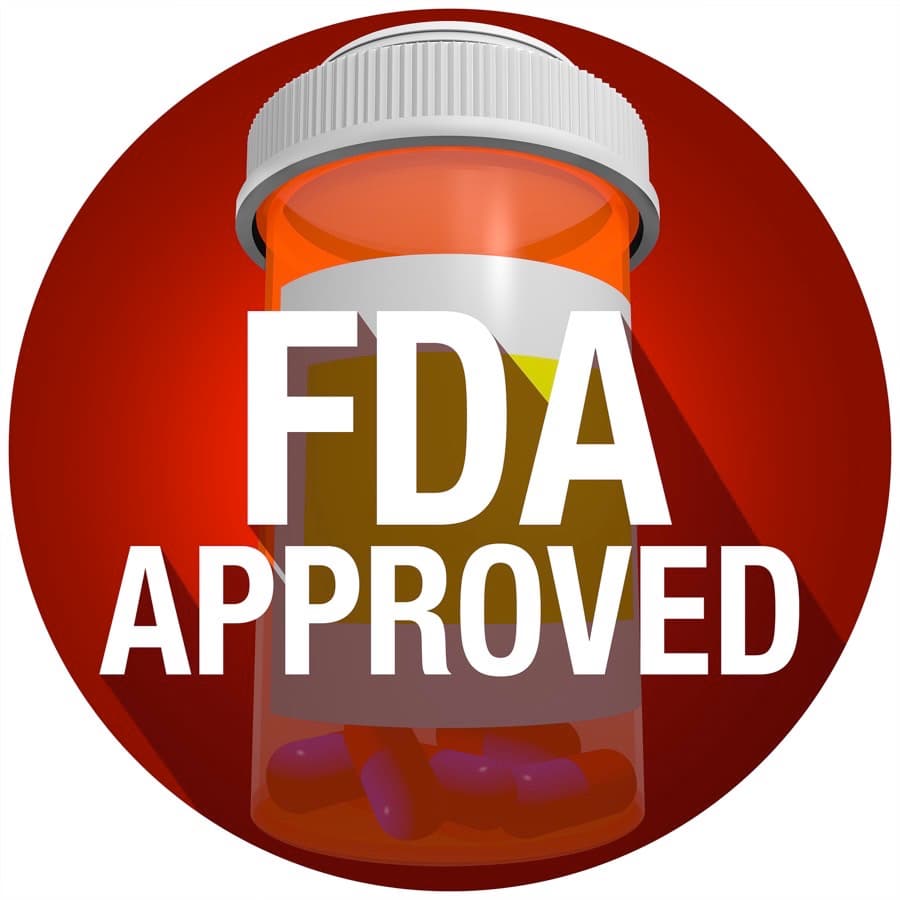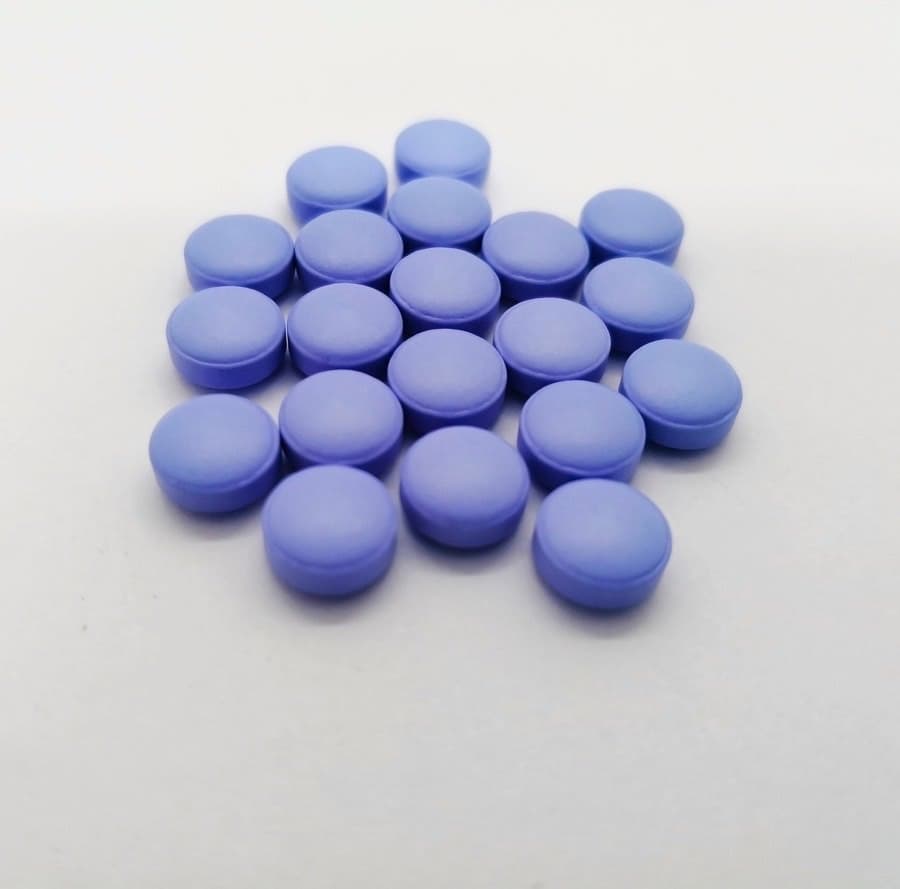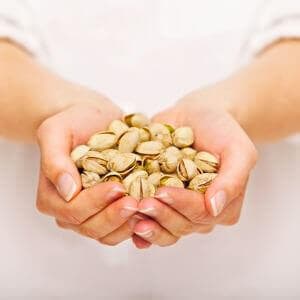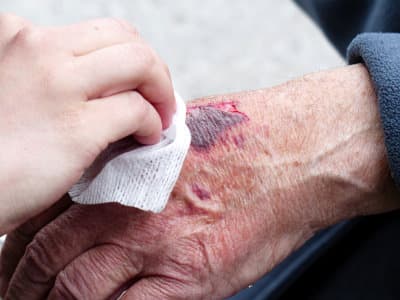Articles categorized as Atrial Fibrillation A Fib Arrhythmia
Will Certo and Grape Juice Help Your Sore Knees?
Drinking a mixture of Certo and grape juice appears to ease joint pain for many people. Some substitute Sure-Jell. Will this help you?
What Can You Do If Ibuprofen Triggers Atrial Fibrillation?
People in pain should be told that ibuprofen triggers atrial fibrillation, as do other NSAIDs. Home remedies may be safer for relieving pain.
Is Your Medicine Triggering Scary Atrial Fibrillation (AFib)?
Atrial fibrillation (AFib) is increasing at an alarming rate. Why? Could some popular medications trigger this dangerous heart arrhythmia?
Does Chocolate Really Help Your Heart?
A Danish study found that people who eat chocolate are less likely to have atrial fibrillation. Does chocolate really help prevent Afib?
Does Your Medicine Have a Boxed Warning? Why You Must Know!
The FDA has a designation for drug reactions it considers especially worrisome: BOXED WARNING. Do prescribers warn patients? Not always!
Is Fish Oil Linked to Heart Rhythm Changes?
How risky is fish oil or purified EPA in Vascepa when it comes to heart rhythm changes called atrial fibrillation? New research is worrisome.
What’s the Best Way to Treat Atrial Fibrillation?
AFib affects millions of people. What is the best way to treat atrial fibrillation? Are younger people developing AFib at an alarming rate?
Can You Save Money by Importing Drugs from Canada?
The FDA says it will now allow Florida to import drugs from Canada. Is it now legal for the rest of us? Learn about the latest FDA flip flop.
Is Low Vitamin D a Risk for Atrial Fibrillation?
Atrial fibrillation is surprisingly common. Popular drugs can pose a risk for atrial fibrillation. Low vitamin D levels may also be a factor.
Magnesium Supplement for Irregular Heart Rhythm
A young man with an irregular heart rhythm reversed it with magnesium taurate supplements. What a relief he felt!
Show 1365: Revealing the Secrets of Sudden Cardiac Death
What causes sudden cardiac death? What can be done to prevent it? Our guest, Dr. Zian Tseng, is an expert on this mysterious disorder.
Long COVID Triggers Heart Problems Like AFib That Last
Symptoms of long COVID include fatigue, brain fog and shortness of breath. New research suggests long COVID triggers heart problems and AFib!
How Can You Find a Legitimate Canadian Pharmacy?
How do you afford crucial medicines like Eliquis when the price can top $600 a month? How can people find a legitimate Canadian pharmacy.
Can You Stay in the Sweet Spot for Your Warfarin Dose?
It can be difficult to get the warfarin dose just right all the time. Even people who managed it most of the time sometimes had a dangerous deviation.
High-Intensity Interval Training Improves Quality of Life for People with Afib
High-intensity interval training helps people with Afib as much as moderate exercise for a much longer time.
What Is It About Coffee That Protects Your Brain?
Scientists tested dark roast and light roast coffee as well as decaf to see what components of coffee may prevent amyloid plaques.
Getting Systolic Blood Pressure Under 130 Makes a Difference
Studies demonstrate that lowering systolic blood pressure under 130 mm mercury can reduce cardiovascular complications.
Should You Take CoQ10 for Atrial Fibrillation?
Some evidence suggests that there could be benefits in taking CoQ10 for atrial fibrillation. Be sure to check with your doctor about possible interactions.
Is the FDA’s Definition of Safe a Lie?
Words matter! That's why we are outraged at the FDA's definition of "safe." The agency claims that all drugs it approves are safe, but some harm people.
The Dangers of Diclofenac and Other NSAID Pain Relievers
A Danish study reviews the dangers of diclofenac and finds that it can harm the heart and digestive tract. Are topical NSAIDs like Voltaren Gel any safer?
No Study Support for Fish Oil Soothing Dry Eyes
Although fish oil has a reputation for soothing dry eyes, a recent randomized controlled trial found that placebo capsules of olive oil worked just as well.
Will Nuts Protect You from Afib?
People who munch a serving of nuts at least three times a week are less likely to develop atrial fibrillation. Could nuts protect you from Afib?
Some Eliquis and Xarelto Side Effects NOT in the Prescribing Info
Doctors used to rely upon warfarin (Coumadin) to prevent blood clots. Newer anticoagulants are taking over. Learn about Eliquis and Xarelto side effects.
Could Your Pain Reliever Harm Your Heart?
Ibuprofen and other NSAIDs could harm your heart. They increase the risk for the abnormal heart rhythm called atrial fibrillation.
Do Ibuprofen Side Effects Include Scary High Blood Pressure
Millions pop vitamin I (ibuprofen) every day without a second thought. But ibuprofen side effects can be very serious. All NSAIDs pose significant risks.
Could Digoxin Protect Your Heart Two Ways?
Research in mice shows that digoxin, a drug derived from foxglove, lowers cholesterol and eases inflammation to reduce plaque in arteries.
Could a Do-It-Yourself ECG Save Your Life?
A do-it-yourself ECG achieved through a mobile phone device and app can detect a-fib and facilitate treatment.
Is There an Antidote to Pradaxa?
Praxbind is now available as a way to reverse the anticoagulant action of dabigatran (Pradaxa) in a bleeding emergency.
Fish Oil Fizzled Against Atrial Fib
An experiment found that people taking fish oil were not protected against episodes of the heart rhythm abnormality called atrial fibrillation.
Could Your Pain Killer Be Killing You?
An NSAID pain killer such as celecoxib, diclofenac or ibuprofen could put you at risk for heart failure, stroke or a heart attack.
Painkiller Warning Presents Dilemma
Nonsteroidal anti-inflammatory drugs (NSAIDs) can cause irregular heart rhythms such as atrial fibrillation. Other drugs also have side effects. Nonsteroidal anti-inflammatory drugs (NSAIDs) can cause
Arthritis Drugs Raise Risk of Heart Rhythm Disturbance
NSAIDs like ibuprofen, indomethacin, naproxen and diclofenac increase the risk for atrial fibrillation.



